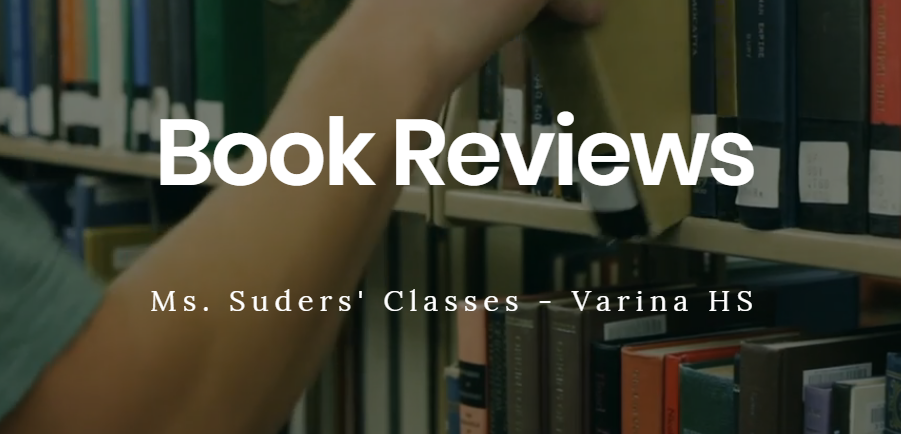Submitted by: Cynthia J. Stone
School: Hermitage High School
Summary
Business Management students work in small groups exploring possible countries in which to do business, and decide to travel to the countries to seek further information about economic development. Each member of the group travels virtually to one of the countries investigated. as they consider globally expanding their businesses. Each group plans a trip to a foreign country, conducting the necessary research for part one of this assignment. In part two, they use online resources to take that trip virtually by collecting photos and information, and share their findings with their classmates as a digital travel journal.
This project encourages students to explore the world and learn more about other cultures and customs, along with life in different climates and geographies. Students use valuable research, problem-solving, and decision-making skills to complete this project. Career and Technical Education course competencies addressed in this lesson are: 6135.042 Compare economic systems, free markets, and economic-political systems.
TIPC Ratings
Students use advanced searches to find information. They must determine which sites are bogus/valid as well as gather and use information to accomplish real-world tasks such as figuring out trip details (flights, hotels, rental cars) for a seven-day trip. Students also research culture and customs for doing business, gather photos of places they plan to visit, and document their travel agenda.
This project encourages groups of students to explore the world and learn more about other cultures and customs, life in different climates and geographies, and share with one another newly discovered research. Students may digitally communicate with governments or businesses in the chosen country. For example, they may request additional information on the country by e-mailing the tourist bureau or chamber of commerce.
Working in groups, students select and use valid (authentic) resources and technology to make decisions and solve real-life business problems regarding business travel, business etiquette, protocol, and networking opportunities. Students have a wide range of technology resources available to them; therefore, students decide which digital tool is best suited for the creative product required for this lesson. The student self-assessment facilitates critical thinking regarding the group research and final digital project.
Students add knowledge gained through research to existing knowledge of business models to determine which adaptations are necessary in order to expand into other countries. Unique travel journals are created, which include a Google Earth Tour of some portions of their country, as a result of this expanded knowledge. A student self-assessment promotes reflection on personal growth resulting from this exploration.




